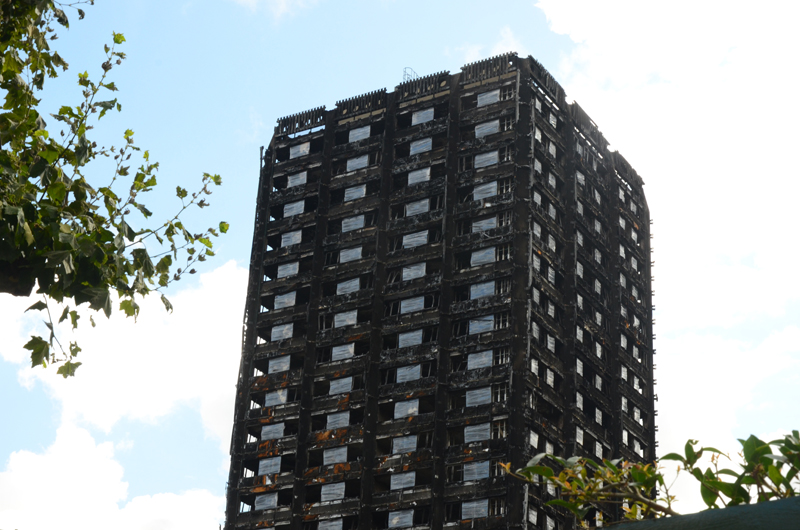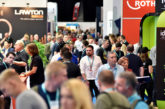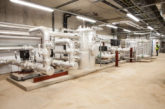
In June 2017, 72 people lost their lives as a result of building and fire safety regulations failures. Two years on, Kevin Wellman, Chief Executive Officer at the CIPHE, reflects on what we have learned in the wake of the tragedy.
Amidst the grief, the criminal investigations and the palpable, understandable anger, Dame Judith Hackitt was tasked with investigating how such a tragedy was allowed to happen. Her report, delivered with the forensic approach befitting her chemical engineering background, highlighted a string of failures within the construction industry.
Changes in attitudes
Dame Hackitt’s report suggested that the biggest obstacle to genuine change is the attitudes of those in the construction sector. The mentality of employees simply ticking boxes and washing their hands of the work once the day finishes has to be addressed. Their jobs are too important to simply do the bare minimum, and just changing the rules is not enough to ensure there will never be a repeat of Grenfell.
Responding to this issue, Dame Hackitt alludes to the ‘golden thread of responsibility’. This is the notion that everyone involved in the process, from structural engineers, to contractors, to construction workers themselves, must shoulder responsibility for spotting and reporting safety concerns.
Legislation
To coincide with this attitude adjustment, there must be a change in legislation. A simplified but strict set of rules and regulations, governed by a single regulator, would help to prevent a repeat of the 2017 tragedy. Equipping this regulatory body with strong enforcement powers would apply pressure on those who continue to take shortcuts.
There has been some discussion about introducing a requirement to install sprinklers in all new and converted buildings that are more than 11m in height. A joint statement, signed by the Royal Institute of Chartered Surveyors, alongside the Royal Institute of British Architects and the Chartered Institute of Building, is indicative of the appetite for more rigorous legislation along these lines.
However, installation of sprinklers cannot be seen as the sole solution; in part due to the skills shortage of individuals capable of fitting such systems, but also because an issue as complex as fire safety necessitates a considered approach, which accounts for the diversity in UK building design. As an educational charity dedicated to protecting the most vulnerable in society, the CIPHE is keen to push for legislation which provides tangible protection against another Grenfell disaster.
A recent example in Liverpool, in which some newly built flats have been deemed unsafe due to ‘serious construction issues’, highlights this continued struggle. It’s shocking that some people still hope to get away with cutting corners, and re-enforces the need to introduce effective legislation.
Safeguard the public
One of the primary concerns of some government officials was to establish the extent to which Grenfell was a ‘one-off’. The continued disregard for public safety since 2017 has shown that this is simply not the case, and that’s why those of us in a position to push for change, have an obligation to do so.
Ensuring professionalism and upholding the dignity of the plumbing and heating industry is something we are immensely passionate about, and safeguarding the vulnerable is at the core of what we do. The devastating revelation that some of the residents of Grenfell raised concerns, only to be ignored, further emphasises the importance of taking a public-safety-first approach.
The Grenfell disaster cannot be assumed to be an isolated incident. The cooperation between the construction and engineering industry in response to the tragedy has been commendable, and now we must join up the thinking, working closely across the board in order to prevent a repeat of this dreadful incident.












